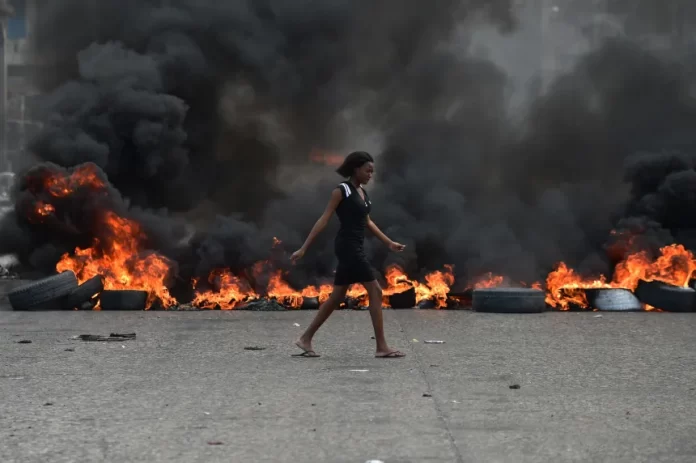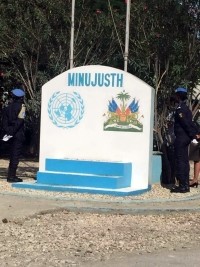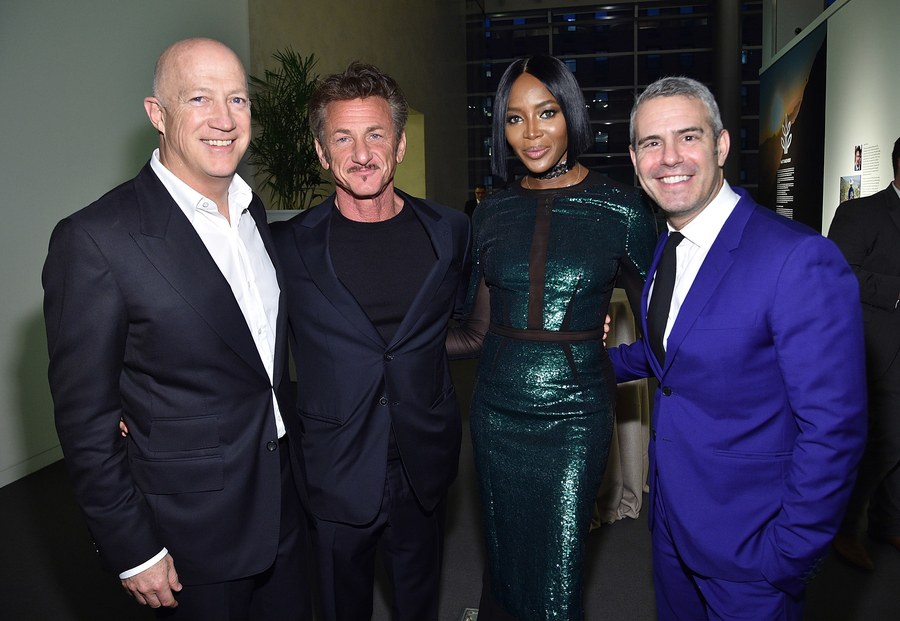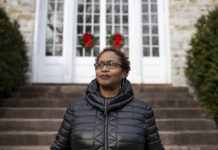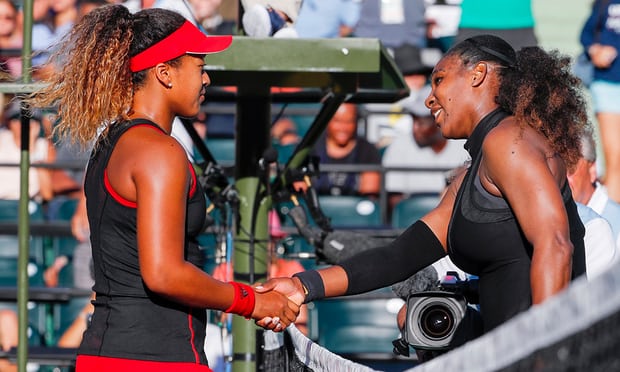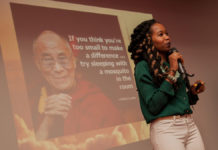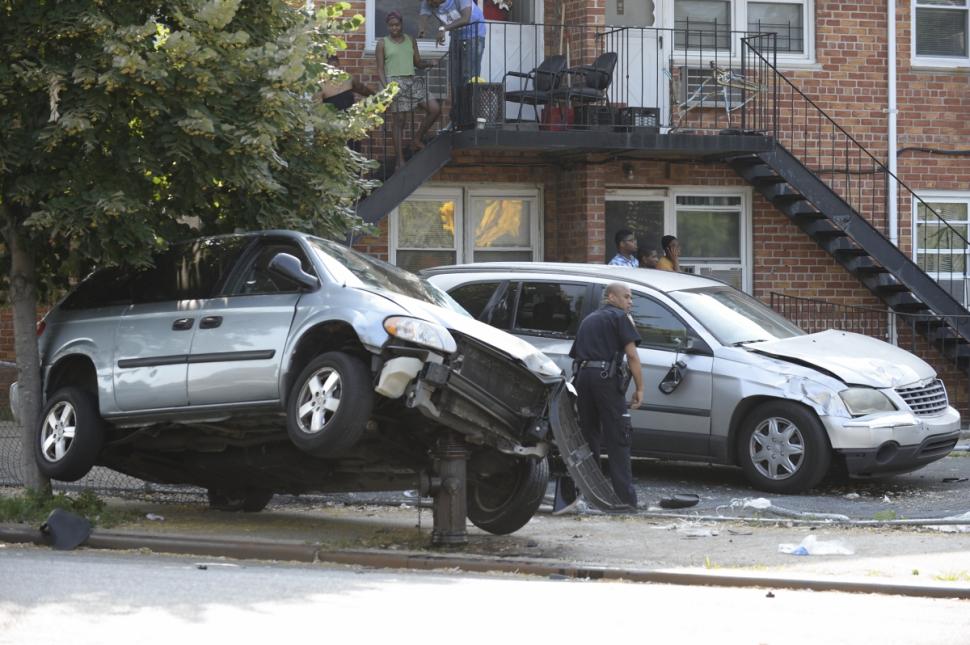Human Rights Watch says country unable to protect citizens from killing and rape by armed gangs, and floats overseas peacekeepers
Human rights abuses in Haiti are soaring while the Haitian state is almost nonexistent and unable to protect its people from the brutality of armed gangs, Human Rights Watch (HRW) has warned in a new report.
Rival criminal factions now have such a tight grip over the country that international security forces could be necessary to restore order, the rights groups said.
HRW investigators documented 67 recent killings by armed gangs in its report, Living a Nightmare, including the murders of 11 children and 12 women. It also verified more than 20 cases of rape – many of them committed by multiple perpetrators to sow terror among the population.
“Urgent action is needed to address the extreme levels of violence and the palpable fear, hunger and sense of abandonment that so many Haitians experience today,” said Nathalye Cotrino, crisis and conflict researcher at HRW.
Haiti has fallen into chaos since president Jovenel Moïse was assassinated in 2021 and gangs began grabbing control of the country in bloody turf wars.
Harrowing human rights violations have become commonplace, 4.9 million people cannot regularly get enough food to eat, and cholera has returned amid the conflict.
Criminal groups have killed at least 2,000 people and kidnapped more than 1,000 in the first half of 2023, according to the UN.
The explosion of violence is being driven by about 150 gangs who are vying for control of the capital, Port-au-Prince.
The government response to the conflict has been “weak to non-existent”, HRW said, in part because the police and the government have affiliations with the criminals, who receive a steady flow of arms and ammunition from Florida.
“Based on available information, there have been no prosecutions or convictions of those responsible for killings, kidnappings, and sexual violence, or their supporters, since the start of 2023,” HRW said in the report.
The rights body verified accounts of gruesome killings in its interviews, the use of sexual violence as a weapon, and the practice of dismembering of bodies with machetes and setting corpses alight to intimidate rivals.
“They rape us because they are in control, because they have guns, because there is nobody to defend us. There is no police or state,” a survivor of sexual violence in the sprawling Port-au-Prince slum of Cité Soleil told the rights body.
Most of the gangs are affiliated to either the G-Pèp federation or the rival G9 alliance. A recent push by the G9, led by the notorious warlord “Barbecue”, into the G-Pep stronghold of Brooklyn in Cité Soleil has caused the violence to flare.
The rivals called a truce in late June but the ceasefire is flimsy and the two groups continue to abuse local populations.
The police’s inability to fight back means a growing number of Haitians are turning to vigilante groups for protection. Vigilantes, sometimes co-operating with police, have killed more than 200 suspected criminal members as of June, HRW said.
The 97-page report comes days before the UN secretary general, António Guterres, is expected to propose a plan to deploy international peacekeeping forces to Haiti.
Ariel Henry, who became interim leader following Moïse’s assassination, requested assistance from the UN in October last year to restore order. The Henry government has failed to hold elections and now has no single elected official in office.
Kenya proposed leading a taskforce earlier this month with the backing of the US and Canada, though civil society groups raised concerns over the human rights record of police in the east African country.
Nearly all of the civil society representatives interviewed by HRW said the situation is so dire that international forces are now necessary to push back the gangs.
I hope you appreciated this article. Before you move on, I was hoping you would consider taking the step of supporting the Guardian’s journalism.
From Elon Musk to Rupert Murdoch, a small number of billionaire owners have a powerful hold on so much of the information that reaches the public about what’s happening in the world. The Guardian is different. We have no billionaire owner or shareholders to consider. Our journalism is produced to serve the public interest – not profit motives.
And we avoid the trap that befalls much US media – the tendency, born of a desire to please all sides, to engage in false equivalence in the name of neutrality. While fairness guides everything we do, we know there is a right and a wrong position in the fight against racism and for reproductive justice. When we report on issues like the climate crisis, we’re not afraid to name who is responsible. And as a global news organization, we’re able to provide a fresh, outsider perspective on US politics – one so often missing from the insular American media bubble.
Around the world, readers can access the Guardian’s paywall-free journalism because of our unique reader-supported model. That’s because of people like you. Our readers keep us independent, beholden to no outside influence and accessible to everyone – whether they can afford to pay for news, or not.




























![Phyllisia Ross – KONSA [Official Music Video]](https://haitiville.com/wp-content/uploads/2014/08/phyliisia.jpg)
